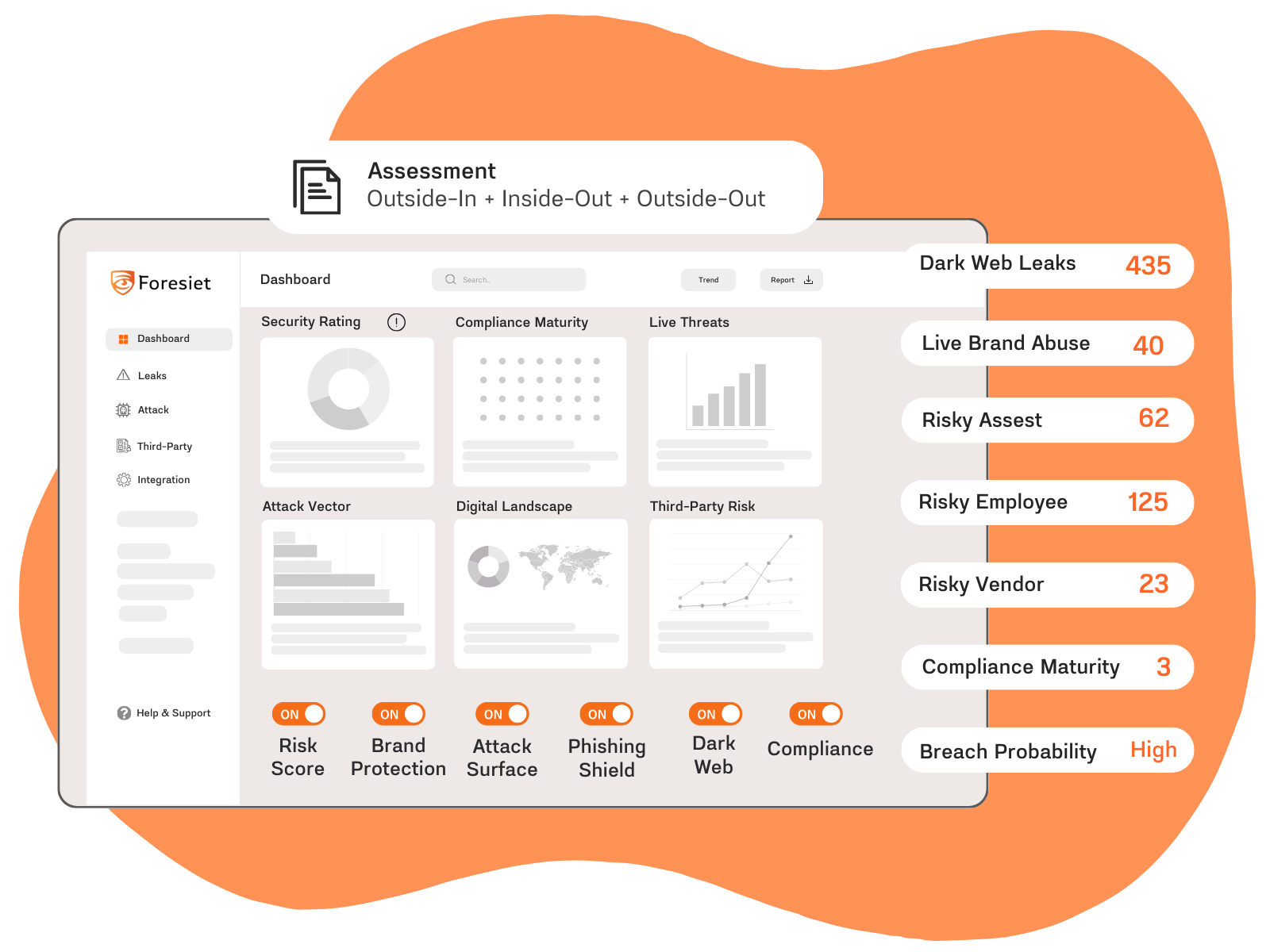Deepfake Diplomat Targets US Senator in Election Interference Attempt

Introduction
In a new wave of cyber manipulation, deepfakes are increasingly being used to target high-profile political figures in an effort to influence elections and gather sensitive information. Recently, Senator Ben Cardin, chair of the United States Foreign Relations Committee, was the victim of a sophisticated deepfake impersonation during a Zoom call. The impersonator posed as Dmytro Kuleba, Ukraine’s former Foreign Affairs Minister, and attempted to elicit politically charged responses regarding the upcoming U.S. Presidential election. This incident highlights the growing threat posed by advanced social engineering and deepfake technologies in political interference.
The Incident: A Deceptive Zoom Call
On September 19, 2024, Senator Cardin’s office received an email requesting a Zoom call, purportedly from the former Ukrainian Foreign Affairs Minister. During the video call, the impersonator—posing as Kuleba—asked a series of politically provocative questions, seemingly designed to influence or capture the Senator’s stance on sensitive geopolitical matters, such as U.S. military support for Ukraine and the use of long-range missiles against Russian territories.
The questions raised red flags for Senator Cardin and his team. The convincing nature of the deepfake—both in terms of audio and video—initially led them to believe they were interacting with the real Kuleba. However, as the conversation progressed and the questions became more unusual, suspicion grew. The call was subsequently cut short, and the Senator informed the U.S. State Department, which confirmed that the caller was not Kuleba.
The incident has since been handed over to the FBI for investigation. Senate security teams have also issued warnings about an ongoing social engineering campaign targeting Senators and staff, likely aimed at discrediting individuals or obtaining sensitive information.
The Growing Threat of Deepfakes in Political Manipulation
This isn’t the first time deepfakes have been used to target political figures. In June 2022, mayors of major European cities—including Madrid, Vienna, and Berlin—were tricked into engaging in video calls with a deepfake version of Vitali Klitschko, the mayor of Kyiv. These incidents underscore the increasing sophistication of deepfake technology and its potential to manipulate political discourse.
Deepfakes, created using artificial intelligence (AI), can convincingly mimic both the appearance and voice of individuals, making them a powerful tool in social engineering campaigns. These tactics are designed to extract confidential information, sway political opinions, or cause reputational damage. In this case, the deepfake impersonation of a Ukrainian diplomat appeared to be an attempt at election interference by baiting the Senator into making politically sensitive statements.
Implications for Cybersecurity
The rise of deepfakes in cyber-attacks poses serious challenges for both individuals and institutions. Social engineering attacks, such as this one, rely on trust and familiarity, exploiting the assumption that a known individual is on the other end of the conversation. In the political sphere, deepfakes could be used to gather sensitive information, disrupt elections, or cause international diplomatic tensions.
Organizations and governments need to prioritize stolen credentials detection, digital footprint analysis, and brand protection to safeguard against such threats. Here are a few strategies to enhance defenses against deepfakes and social engineering:
- Stolen Credentials Detection: Implement tools that continuously monitor compromised accounts, ensuring any unauthorized access is flagged and investigated immediately.
- Dark Web Surveillance: Use darknet monitoring services to detect if any personal information or credentials are being traded, which could later be used to generate deepfakes or impersonate high-profile figures.
- Digital Footprint Analysis: Regularly review the digital presence of key figures, ensuring there are no gaps or vulnerabilities that adversaries could exploit for impersonation.
- Brand Protection: Strengthen efforts to protect an individual’s or organization's digital identity, preventing attackers from impersonating trusted entities.
- Advanced Verification Protocols: Implement stronger verification protocols for remote communication, particularly for sensitive or high-level conversations. This could include multi-step authentication processes that involve phone or in-person verification to confirm identities before engaging in online discussions.
Conclusion
The deepfake incident involving Senator Ben Cardin is a stark reminder of the increasing threat that advanced AI-driven impersonation poses to political and corporate landscapes. As deepfakes grow more convincing and accessible, organizations and government entities must strengthen their cybersecurity measures and awareness around these emerging threats. Being vigilant, implementing robust verification protocols, and using comprehensive digital threat scoring can help mitigate the risks associated with such malicious activities.
Deepfakes are no longer just a futuristic concern—they are here, and their potential for misuse in political manipulation and cybercrime makes them a critical threat that requires immediate and ongoing attention.
About Foresiet!
Foresiet is the pioneering force in digital security solutions, offering the first integrated Digital Risk Protection SaaS platform. With 24x7x365 dark web monitoring and proactive threat intelligence, Foresiet safeguards against data breaches and intellectual property theft. Our robust suite includes brand protection, takedown services, and supply chain assessment, enhancing your organization's defense mechanisms. Attack surface management is a key component of our approach, ensuring comprehensive protection across all vulnerable points. Compliance is assured through adherence to ISO27001, NIST, GDPR, PCI, SOX, HIPAA, SAMA, CITC, and Third Party regulations. Additionally, our advanced antiphishing shield provides unparalleled protection against malicious emails. Trust Foresiet to empower your organization to navigate the digital landscape securely and confidently.
Protect your brand, reputation, data, and systems with Foresiet's Integrated Digital Risk Platform. 24/7/365 threat monitoring for total peace of mind.


July 1, 2025, 7:17 p.m.

July 1, 2025, 7:07 p.m.